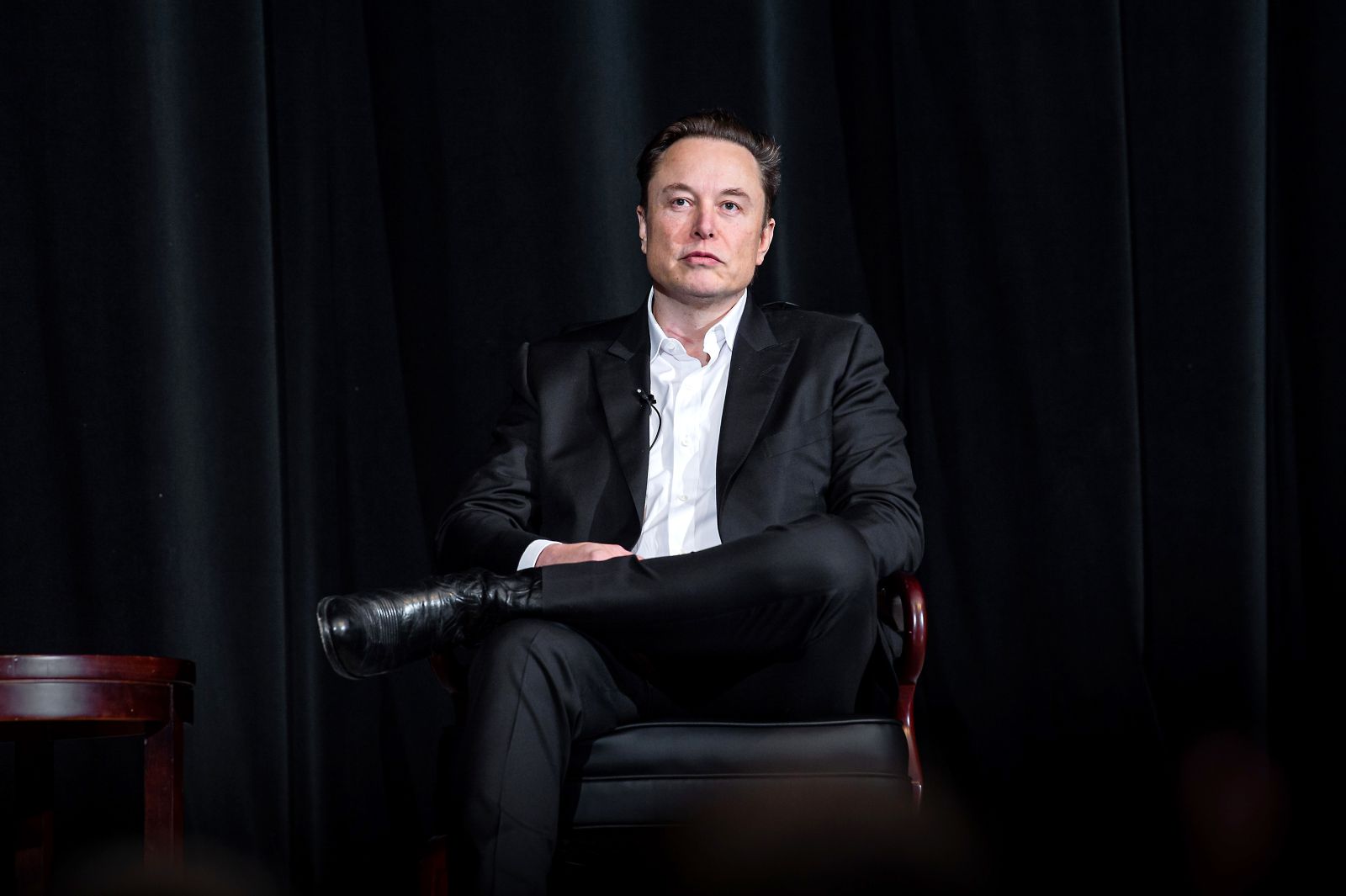Introduction
Elon Musk vs Apple: Musk’s recent legal threat has sent shockwaves through the tech world. He accuses Apple of favoring OpenAI and its AI apps, like Grok, in App Store rankings, raising concerns about competition and transparency. Why does this matter? The outcome could reshape AI market rules and digital platform access.
Context
The rivalry between Musk and Apple unfolds amid growing scrutiny of big tech’s power. Musk, a co-founder of OpenAI, now claims Apple blocks visibility for his AI ventures while allegedly giving OpenAI preferential treatment. The debate centers on how platforms manage app visibility and the transparency of their ranking algorithms.
The Problem / Challenge
Musk argues that Apple violates antitrust laws by favoring OpenAI in the App Store. He claims this behavior limits competition and disadvantages other AI developers. The risk? A less innovative, less open market dominated by a few players.
Solution / Approach
Apple denies the accusations, stating that rankings are based on objective criteria and expert-curated lists. However, public pressure and potential regulatory scrutiny may push Apple to increase transparency and ensure fairer conditions for all developers.
FAQ
- Why is Elon Musk accusing Apple? Musk claims Apple favors OpenAI in the App Store, undermining competition.
- What are the possible consequences? There could be new rules for algorithm transparency and more opportunities for AI developers.
- Is OpenAI directly involved? No, but it is seen as the main beneficiary of the alleged favoritism.
Conclusion
The dispute between Elon Musk and Apple goes beyond rivalry: it questions the role of digital platforms in AI and the need for clearer rules to ensure competition and innovation. The industry is watching closely: the outcome could shape the future of AI and app markets worldwide.
